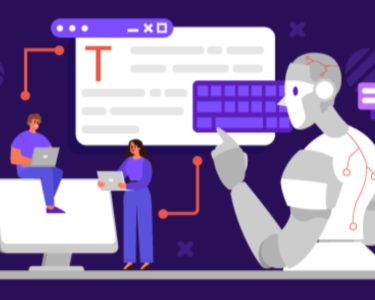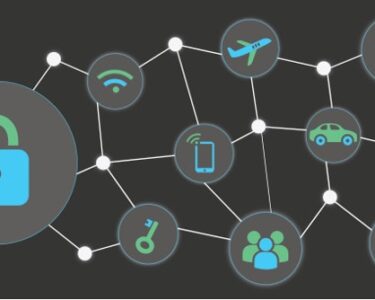
Personalized Digital Lifestyle: The Future of Digital Interaction
In the rapidly evolving digital landscape, personalization has emerged as a key trend, shaping the way individuals interact with technology. A personalized digital lifestyle refers to the seamless integration of technology into daily routines, tailored to each user’s unique preferences, habits, and aspirations.
Benefits of a Personalized Digital Lifestyle
A personalized digital experience offers numerous advantages:
- Increased Productivity: Personalized tools and apps help users streamline tasks, automate processes, and access information efficiently.
- Enhanced Entertainment: Algorithms curate content recommendations, playlists, and movie selections based on individual preferences, leading to more enjoyable entertainment experiences.
- Improved Communication: Chatbots, virtual assistants, and social media platforms enable personalized communication channels, enhancing user engagement and convenience.
- Tailored Learning: Adaptive learning platforms adjust content difficulty, pace, and assessments to match each student’s learning style and progress.
- Personalized Shopping: Online retailers offer customized recommendations, product suggestions, and discounts based on past purchases and browsing history.
Key Features of a Personalized Digital Lifestyle
A personalized digital lifestyle is characterized by the following features:
- Adaptive Algorithms: Artificial intelligence (AI) and machine learning algorithms learn from user data to predict preferences and provide relevant content and experiences.
- Data Aggregation and Analysis: Platforms collect and analyze vast amounts of user data to create a comprehensive understanding of their habits, preferences, and interests.
- Tailored Interfaces: Interfaces adapt to each user’s needs, displaying information in a clear and relevant manner.
- Contextual Awareness: Devices and apps sense surroundings and adjust settings accordingly, such as dimming lights in response to low ambient light.
- Personalized Notifications: Alerts and reminders are customized based on individual schedules, preferences, and preferences.
Challenges and Considerations
While personalized digital experiences offer significant benefits, they also present challenges:
- Data Privacy Concerns: The collection and analysis of large amounts of user data raises privacy concerns, requiring careful data handling practices.
- Filter Bubbles: Personalized algorithms can create filter bubbles, limiting users’ exposure to diverse perspectives and potentially leading to a distorted view of the world.
- Increased Dependence: Relying heavily on personalized technologies may reduce users’ ability to make independent decisions and navigate the digital world without guidance.
- Ethical Considerations: The use of AI in personalization raises ethical questions regarding transparency, fairness, and the potential for discrimination.
Conclusion
A personalized digital lifestyle offers tremendous potential to enhance productivity, entertainment, communication, learning, and shopping. By leveraging AI, data analysis, and user-centric design principles, technology can adapt to individual needs and aspirations, creating a more seamless and fulfilling digital experience. However, it is essential to address privacy concerns, promote ethical practices, and foster digital literacy to ensure that personalized digital lifestyles empower individuals and contribute positively to society.


